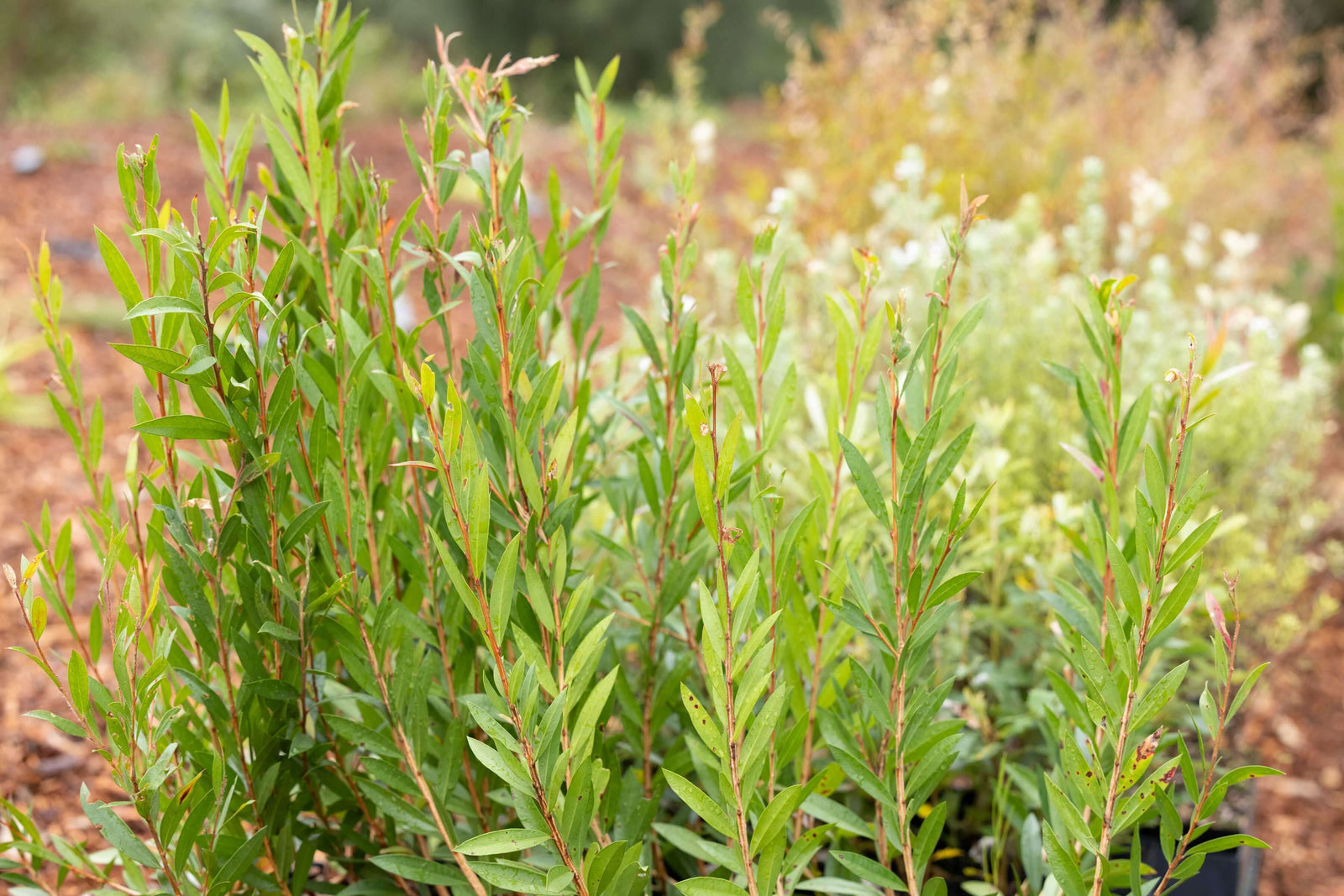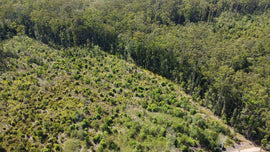
The world will be watching in November as global leaders meet at the COP26 United Nations Climate Change Conference.
With climate change now impacting every continent on Earth it is vital that leaders come together to accelerate action for our climate. Talks will centre around how best to fight the impacts of climate change from economic, agricultural, and scientific points of view.
To ensure we are on track to reduce the level of global heating we see over the next decade and beyond, the global response at COP26 needs to be decisive. As we emerge from the COVID-19 Pandemic, it is also an opportunity for global economies to build back better and more sustainably.
What Is COP26?
COP stands for the Conference of the Parties and it is essentially the decision-making body responsible for reviewing the implementation of the global response to climate change and the threat that it poses. Every year since 1995, COP has brought together global leaders, negotiators, and government representatives to discuss initiatives to tackle climate change and reduce its impacts.
Delayed one year due to the COVID-19 Pandemic, COP26 will be held in Glasgow between 31 October and 12 November, and the UN is predicting this might be our last chance to make a real difference for the future of our planet.
More than 190 world leaders are expected to attend the summit, including US President Joe Biden, UK Prime Minister Boris Johnson and Her Majesty, The Queen. Other important attendees include Sir David Attenborough and Greta Thunberg, arguably two of the most influential climate activists in the world.
There are four key themes will be on the agenda for the summit.
- Secure Global net zero by mid-century and keep 1.5 degrees within reach
- Adapt to protect communities and natural habitats
- Mobilise finance to help realise the first two goals
- Working together to rise above the challenge of climate change
Following the release of the latest report from the Intergovernmental Panel on Climate Change (the IPCC) we know that there is no longer time to wait in fighting the impacts of human induced climate change and that we will most likely reach 1.5C of global warming sometime in the next decade.
We must act now to make a difference and the importance of COP26 cannot be underestimated.
Why Is It Important For Australia To Attend?
Historically, Australia doesn’t have a great track record when it comes to our climate policy.
The level of inaction from our nation in the face of the climate emergency is the source of increasing frustration and despite the size of our population, Australia remains one of the worst global carbon emitters per capita, a high proportion of this coming from our coal exports.
While debate persists within the federal Coalition around Australia’s emissions reduction targets, the climate emergency continues to worsen and dissatisfaction around our level of inaction continues to grow.
Australia needs to be more proactive in our approach to climate action and, by attending COP26, Prime Minister Morrison could both represent and demonstrate Australia’s commitment to reducing our emissions into the future.
Greenfleet’s Hopes For COP26
As an organisation focussed on fighting climate change, Greenfleet hopes COP26 is a productive summit and that Australia, comes away with effective and achievable targets.
Clear action plans: On a global scale, we need to lock in an action plan for the next decade. This is needed between all nations but particularly between higher emitting countries such as the US, China, Australia, and the EU. While there have been funding promises previously, a lot of this simply hasn’t eventuated and as the COVID-19 Pandemic continues, so too could this inaction.
Carbon market mechanisms: As an organisation that offsets carbon emissions, Greenfleet would like to see agreement on carbon market mechanisms. Currently, there are diverse views from parties on the extent and rules for these markets so a global agreement would ensure their thorough and consistent regulation.
Nature based solutions (NBS): Additionally, we would like to see a spotlight on nature-based solutions (NBS) which are an increasingly important aspect of the fight against climate change. NBS refers to how nature can become a climate solution for absorbing carbon and protecting against the impacts of global warming. By focussing on restoring nature as a part of the climate solution, environmental benefits such as the restoration of biodiversity and habitat for the world’s wildlife can also be achieved.
Initiatives such as this are vital to our universal response to global heating and Greenfleet’s CEO Wayne Wescott reflects that “Nature Based Systems are a key aspect of the solution to climate change and are of course central to Greenfleet’s work.” Greenfleet hopes that COP26 will see the discussion increase around NBS and how this can integrate into the Paris Agreement’s implementation strategy.
We Don't Need To Wait For COP 26 To Act
COP26 will be pivotal in locking in a climate plan in for the next decade. But we can’t wait for this summit to take climate action.
At the summit, world leaders will discuss and debate emission reductions and carbon sequestration targets, but Greenfleet is already delivering practical climate action by planting legally protected native forests that offset the emissions of our supporters.
Alok Sharma is the COP President-Designate for this year’s summit and has stated that “there is no viable pathway to net zero emissions that does not involve protecting and restoring nature at an unprecedented scale.” Greenfleet’s work restoring forests in Australia and New Zealand is central to this.
Since 1997 we have restored over 500 forests that are already sequestering millions of tonnes of carbon. You can join us in protecting our climate by restoring our forests. Offset your emissions and take practical climate action that will benefit generations to come.
There is no more time to wait. We must act on climate change now.




